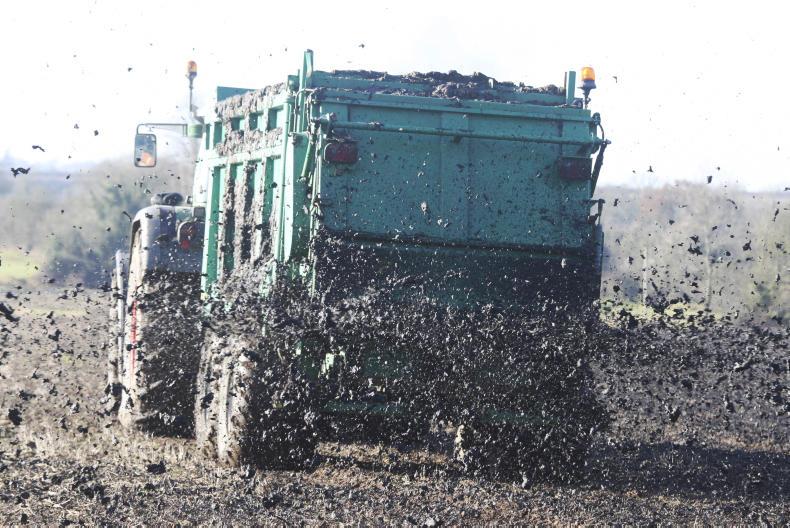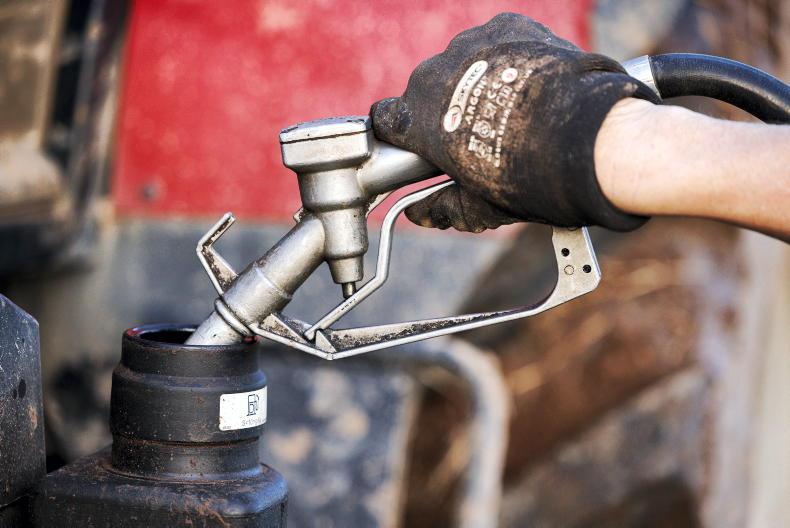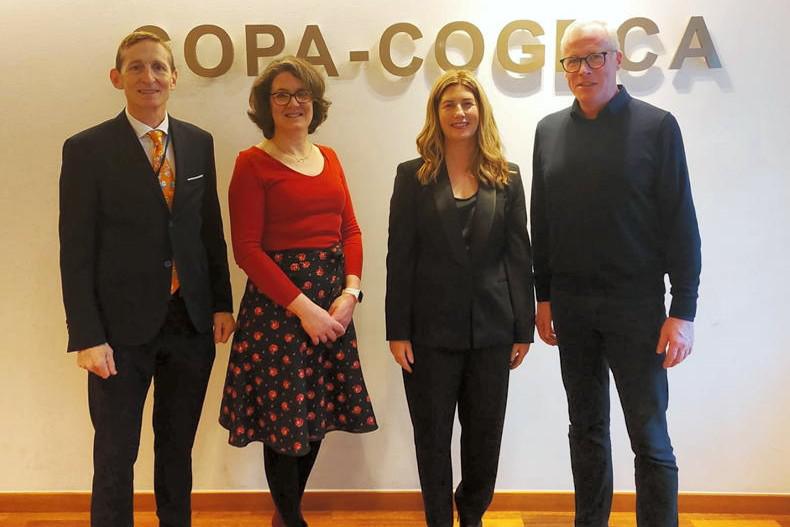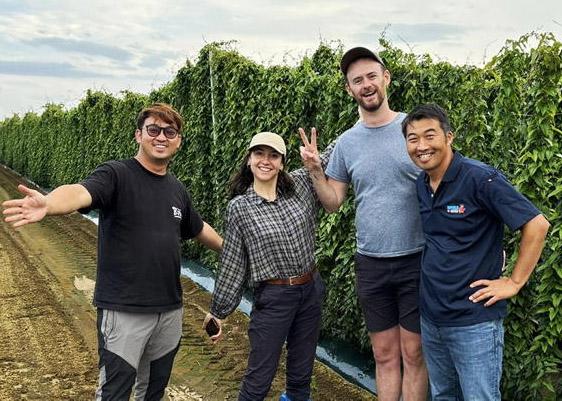The European Commission has agreed on new rules which it hopes will provide an increase in the use of organic fertilisers such as bone meal, manure and sewage sludge.
For the first time, organic and waste-based fertilisers will be open to the single market, with a uniform set of rules and labelling.
This will include the introduction of a limit on toxic contaminants in certain fertilisers, including a new 60mg/kg limit for cadmium and other contaminants in phosphate fertilisers.
Bio-waste fertilisers have the potential to make farming more sustainable
"Unlike traditional fertilisers which are highly energy intensive and rely on scarce natural resources, bio-waste fertilisers have the potential to make farming more sustainable,” vice-president for jobs, growth, investment and competitiveness Jyrki Katainen said.
Currently, almost 6m tonnes of phosphates are imported into the EU annually and the overall aim of promoting organic waste as fertiliser is to reduce our dependence on artificial fertilisers.
It could reduce the use of artificial fertilisers by up to one third
The Commission estimates that if more bio-waste was recycled it could reduce the use of artificial fertilisers by up to one third.
The agreement on the new rules is now subject to formal approval by the European Council and Parliament; it will then be made mandatory by 2022.
Read more
Focus on forestry at climate committee
Retailers warned against Christmas food discounting
The European Commission has agreed on new rules which it hopes will provide an increase in the use of organic fertilisers such as bone meal, manure and sewage sludge.
For the first time, organic and waste-based fertilisers will be open to the single market, with a uniform set of rules and labelling.
This will include the introduction of a limit on toxic contaminants in certain fertilisers, including a new 60mg/kg limit for cadmium and other contaminants in phosphate fertilisers.
Bio-waste fertilisers have the potential to make farming more sustainable
"Unlike traditional fertilisers which are highly energy intensive and rely on scarce natural resources, bio-waste fertilisers have the potential to make farming more sustainable,” vice-president for jobs, growth, investment and competitiveness Jyrki Katainen said.
Currently, almost 6m tonnes of phosphates are imported into the EU annually and the overall aim of promoting organic waste as fertiliser is to reduce our dependence on artificial fertilisers.
It could reduce the use of artificial fertilisers by up to one third
The Commission estimates that if more bio-waste was recycled it could reduce the use of artificial fertilisers by up to one third.
The agreement on the new rules is now subject to formal approval by the European Council and Parliament; it will then be made mandatory by 2022.
Read more
Focus on forestry at climate committee
Retailers warned against Christmas food discounting










SHARING OPTIONS